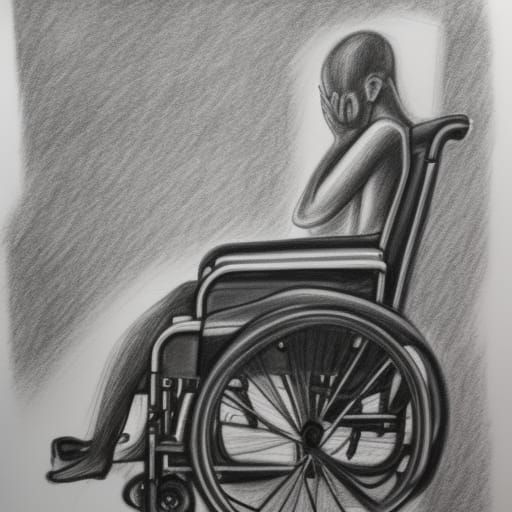The Road to Social Security Disability Benefits: The 5-Step Evaluation Explained
The Social Security Administration (SSA) uses a five-step evaluation process to determine whether an individual is eligible for disability benefits. This process involves a series of questions and assessments that help the SSA determine whether an individual meets the criteria for disability. If you are considering applying for disability benefits, it's important to understand the five-step evaluation process and how it works. In this article, we will discuss each of the five steps in detail.
Step 1: Substantial Gainful Activity
The first step in the evaluation process is to determine whether you are currently engaged in substantial gainful activity (SGA). SGA is work that is performed for pay or profit, and that involves significant physical or mental activities. If you are currently engaging in SGA, you will not be considered disabled regardless of any impairments you may have. For 2023, the monthly SGA amount is $1,410 for non-blind individuals and $2,430 for blind individuals.
Step 2: Severity of Impairments
If you are not engaged in SGA, the SSA will then evaluate the severity of your impairments. To be considered disabled, your impairments must be severe enough to significantly limit your ability to perform basic work activities, such as walking, sitting, standing, and remembering. The SSA will review your medical records and other evidence to determine the severity of your impairments.
Step 3: Listing of Impairments
If your impairments are severe enough to limit your ability to perform basic work activities, the SSA will then determine whether your impairments meet or medically equal a condition in the Listing of Impairments. The Listing of Impairments is a list of medical conditions that the SSA considers severe enough to automatically qualify an individual for disability benefits. If your condition meets or equals a listed impairment, the SSA will consider you disabled.
Step 4: Ability to Perform Past Work
If your condition does not meet or medically equal a listed impairment, the SSA will then determine whether you can perform your past relevant work. Past relevant work is work that you have performed in the past 15 years that was substantial gainful activity and that was performed long enough to learn the skills necessary to perform the job. If you can perform your past relevant work, you will not be considered disabled.
Step 5: Ability to Perform Other Work
If you are unable to perform your past relevant work, the SSA will then determine whether you can perform other work that exists in significant numbers in the national economy. This determination is based on your age, education, work experience, and residual functional capacity (RFC), which is an assessment of your ability to perform basic work activities despite your impairments. If the SSA determines that you are unable to perform other work, you will be considered disabled.
In summary, the 5-step evaluation process is essential for determining Social Security Disability eligibility. The evaluation includes multiple factors, such as the severity of the disability and the individual's capacity to work. It's crucial to keep in mind that obtaining objective medical evidence and complying with medical treatment requirements is also crucial for a successful disability claim. If you require assistance with your disability claim, di Lorenzo and Wilcox have limited their practice solely to Social Security disability for the past 25 years and are available to assist you. We serve clients in various cities throughout S.E. Georgia, including Brunswick, Savannah, St. Marys, Brunswick, and Waycross. Contact us today to schedule a consultation and take the first step toward securing the disability benefits you deserve.











